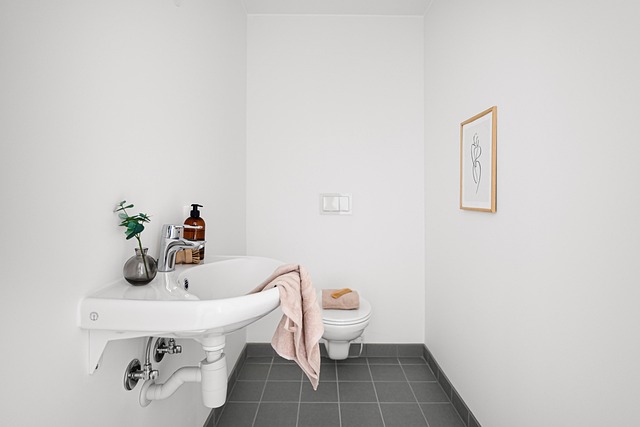A real estate mold inspection is a crucial step for homebuyers, especially when considering properties with potential water damage or moisture issues. This assessment by trained professionals reveals hidden mold growth, identifies health hazards, and provides insights into the property's history and insurance coverage. It aids buyers in making informed decisions regarding repairs, remediation costs, and potential claims, while also highlighting the importance of reviewing insurance policy terms related to mold. Promptly scheduling a comprehensive real estate mold inspection is vital for understanding and managing mold-related concerns during the home-buying process.
“When considering a home purchase, especially in areas prone to moisture issues, a thorough understanding of real estate mold inspection is crucial. This guide navigates the essential aspects of buying a home with potential mold problems. We explore what to expect during an inspection and why it’s vital for identifying hidden risks.
Additionally, we dissect insurance coverage for mold-related issues, highlighting policies and exclusions. By following the steps outlined here, you can protect yourself and your investment in the face of common mold-related challenges in real estate.”
- Understanding Real Estate Mold Inspection: What to Expect and Why It Matters
- Insurance Coverage for Mold-Related Issues: Policies and Exclusions to Be Aware Of
- Navigating the Process: Steps to Protect Yourself and Your Investment When Buying a Home with Potential Mold Problems
Understanding Real Estate Mold Inspection: What to Expect and Why It Matters

A real estate mold inspection is a crucial step in the home-buying process, especially if you’re considering a property that may have been affected by moisture issues or water damage. This specialized assessment goes beyond a standard home inspection and focuses specifically on identifying and assessing any mold growth within the property. During the inspection, trained professionals will thoroughly examine areas prone to mold development, such as basements, bathrooms, kitchens, and areas with historical water intrusions. They utilize advanced equipment, including moisture meters and thermal imaging cameras, to detect hidden mold that may not be visible to the naked eye.
Understanding the scope of a real estate mold inspection is essential for several reasons. Firstly, it helps uncover potential health hazards associated with mold growth. Mold can produce allergens, irritants, and mycotoxins, which may lead to respiratory issues or other health problems for occupants. Secondly, it provides valuable information about the property’s history and current condition, enabling buyers to make informed decisions regarding repairs and remediation costs. Lastly, many insurance policies have specific clauses related to mold, and a thorough inspection can help determine coverage limits and potential claims down the line.
Insurance Coverage for Mold-Related Issues: Policies and Exclusions to Be Aware Of

When considering a purchase of a home, especially one that may have historical or environmental issues, a thorough real estate mold inspection is crucial. This step goes beyond the standard home inspection and focuses on identifying any signs of water damage or mold growth. It’s essential to understand that not all insurance policies cover mold-related issues. Many standard homeowners’ insurance policies exclude coverage for pre-existing conditions, such as mold, that were present before the policy began.
Homebuyers should carefully review their potential insurer’s policy terms and conditions regarding mold coverage. Some companies offer specific mold insurance or add-ons to existing policies, but these often come with deductibles and limitations on compensation. Policyholders may also be required to take proactive measures to prevent future mold growth after initial discovery, which could involve costly remediation efforts covered out of pocket.
Navigating the Process: Steps to Protect Yourself and Your Investment When Buying a Home with Potential Mold Problems

Navigating the process of buying a home with potential mold problems requires careful consideration and due diligence. As soon as you identify a property that piques your interest but shows signs of moisture or musty odors, take immediate steps to protect yourself and your investment. Start by scheduling a comprehensive real estate mold inspection to assess the extent of the issue. This step is crucial, as it provides valuable insights into whether the mold is contained, isolated, or an ongoing problem that needs professional remediation.
Engage a certified inspector who has extensive experience in identifying hidden mold growth and understanding its potential health impacts. They will thoroughly inspect every corner of the property, including walls, ceilings, basements, and attics, using advanced tools to detect even microscopic mold spores. After the inspection, you’ll receive a detailed report outlining their findings, which can help guide your next steps, whether it’s negotiating the purchase price or deciding if the home is suitable for your needs without significant remediation costs.
